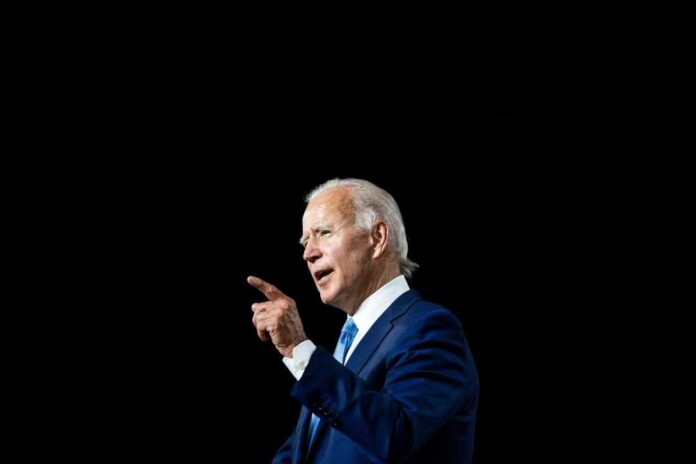The President is visiting a Minnesota farm to highlight the $4 billion given to farmers, emphasizing the benefits of his administration’s spending for rural voters. This visit is part of a more extensive campaign involving numerous White House officials touring rural America to convey the message of significant financial aid.
The administration is investing billions in rural regions through various laws focused on infrastructure, semiconductors, taxes, health, and climate. This includes $20 billion each for rural health systems and clean-energy agriculture projects, $11 billion for rural electrification, $13 billion for rural clean energy, and $40 billion for high-speed internet in rural areas.
Rural voters are critical to the President’s 2024 reelection prospects, particularly against a potential nomination of the former President. In 2020, the former President won 65 percent of the rural vote, an increase from 2016.
The rural investments are a small part of the administration’s overall budget. Since taking office, the President has initiated over $3.37 trillion in new spending. The proposed 2024 budget is $6.9 trillion, the largest in U.S. history, and is projected to increase annually, reaching $10 trillion by 2033.
Critics, such as Senator John Thune, argue that this level of spending is unsustainable. However, the White House maintains that these programs, especially those in rural areas, have voter support.
Polls show mixed reactions. A recent survey indicated a desire among voters for reduced spending but not at the expense of significant programs. While 60 percent believe the government is overspending, few support cuts in education or healthcare.
The spending has also been linked to inflation. Although inflation has decreased from its 40-year peak in 2022, it continues to affect the cost of living, particularly in rural areas. A University of Iowa study revealed that inflation impacts rural residents more significantly due to their lower discretionary income, with their expenses now consuming a more significant portion of their income than urban households.
The Democratic National Committee (DNC) has appointed Kylie Oversen as Rural Council Chair to collaborate with rural organizers and fund the Red State Fund to support traditionally conservative and often rural states. Additionally, the Biden campaign is airing a TV advertisement featuring a Black farmer from North Carolina who expresses gratitude towards Biden for recognizing the importance of their work.
Lauren Gepford, executive director of Contest Every Race, a group dedicated to encouraging Democratic presence in rural regions, emphasizes the need for the Biden campaign to increase its visibility through rural radio, billboards, and even yard signs, despite their usual preference against them. She notes that making it comfortable for Biden supporters to show their affiliation is crucial in rural areas because visibility plays a key role.


















